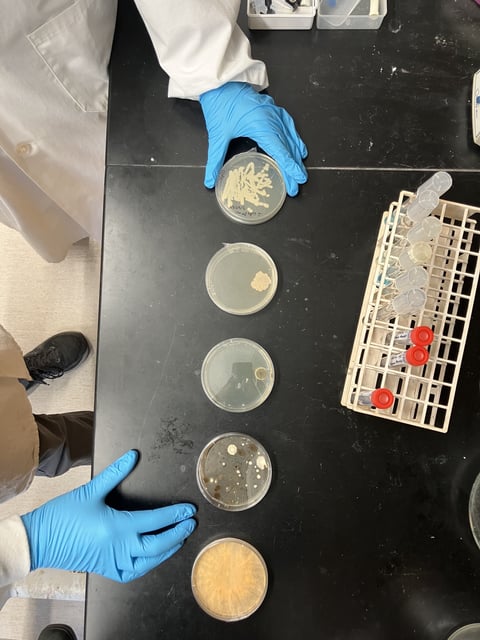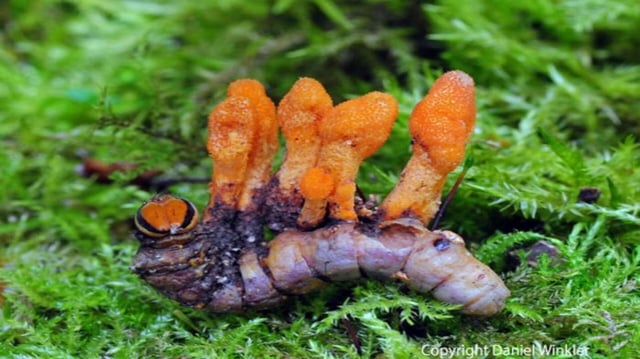Overview
- The new season of HBO's 'The Last of Us,' premiering April 13, 2025, features a more realistic depiction of fungal infections, including airborne spore transmission.
- Scientists emphasize that climate change may drive the evolution and spread of harmful fungi, potentially increasing risks to human health.
- The cordyceps fungus, central to the show's narrative, manipulates ant behavior in real life, and researchers suggest warming temperatures could enable similar fungi to adapt to human hosts.
- Recent discoveries, such as the identification of Rhodosporidiobolus fluvialis in human infections, highlight emerging fungal threats linked to environmental changes.
- While fungi play vital ecological roles, such as recycling organic matter and acting as carbon sinks, the rise of drug-resistant pathogens like Candida auris underscores the need for further research.

